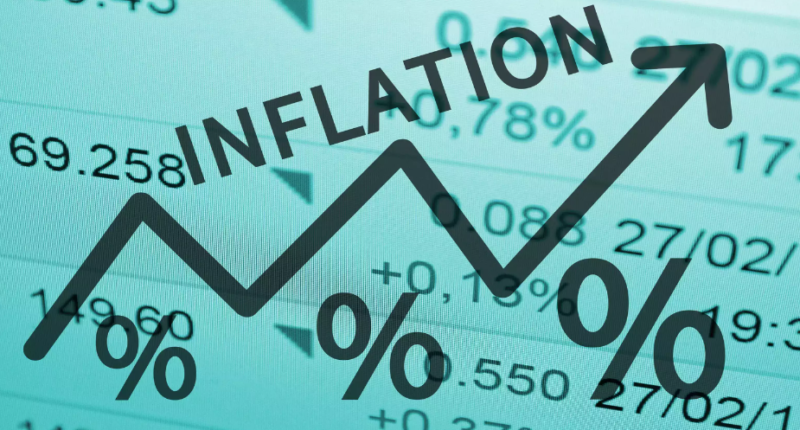It would be difficult to remember 2022 for anything other than Russia’s invasion of Ukraine and the chaotic global inflation that struck the world’s economy weeks later. This happened as the country’s economies around the world were gradually recovering from the death grips of the coronavirus pandemic.
World scope
Inflation figures in the stable economies like the U.S. and the UK reached new levels of 8.6 percent and 9 percent, respectively, back in May. This is huge, as they have not recorded inflationary rates in about forty years. Reports also showed similar economic situations in Spain, France, Portugal, etc.
Nigeria
The National Bureau of Statistics (NBS) projected 21.09 percent for the inflation rate of October 2022. While this is fairer than the neighbouring country, Ghana, whose inflation rate was 40.4 percent in October 2022, the implications of this situation on the cost of doing business in Nigeria are grave.
Businesses in Nigeria are conducting their affairs with no silver bullet in sight as they continue to face inflationary pressures resulting from currency devaluation, increased fuel, diesel and energy costs and food inflation due to insecurity.
- To worsen the situation, the EKO Electricity Distribution Company area, effective 1st January 2023, is set to increase electricity tariff plans by 17.4 percent.
- Meanwhile, fuel and diesel generators, being the leading sources of backup power in the country, have recorded hike in prices with the cost of the former going from 190 to between 220 – 280 and a litre of diesel selling for between N780 and N800 from ₦311.98 at the start of the year.
What’s more?
Telecom operators and data companies running their own ICT infrastructure are also facing the challenge of high costs of business at a time when analysts are rating digital transformation as a critical key to rescue the country’s economic productivity.
- As with the telecommunication sector, providers are passing the cost pressures to subscribers and customers. Remarkably, Nigeria has seen an influx of many new data center operators in recent times. However, it is unclear how well these companies would cope in Nigeria’s harsh conditions.

